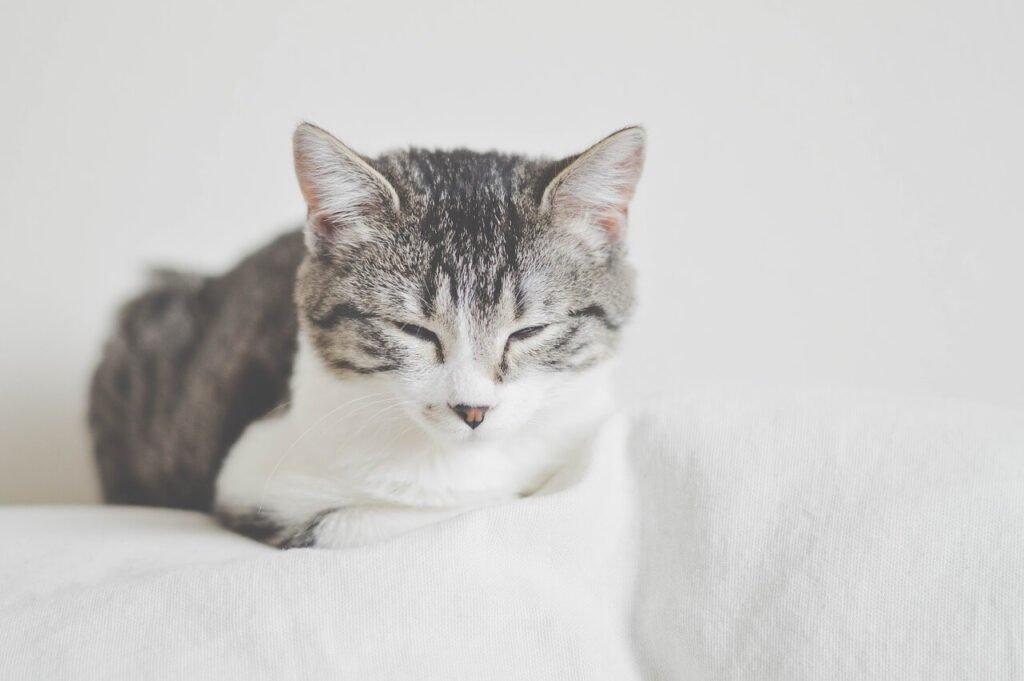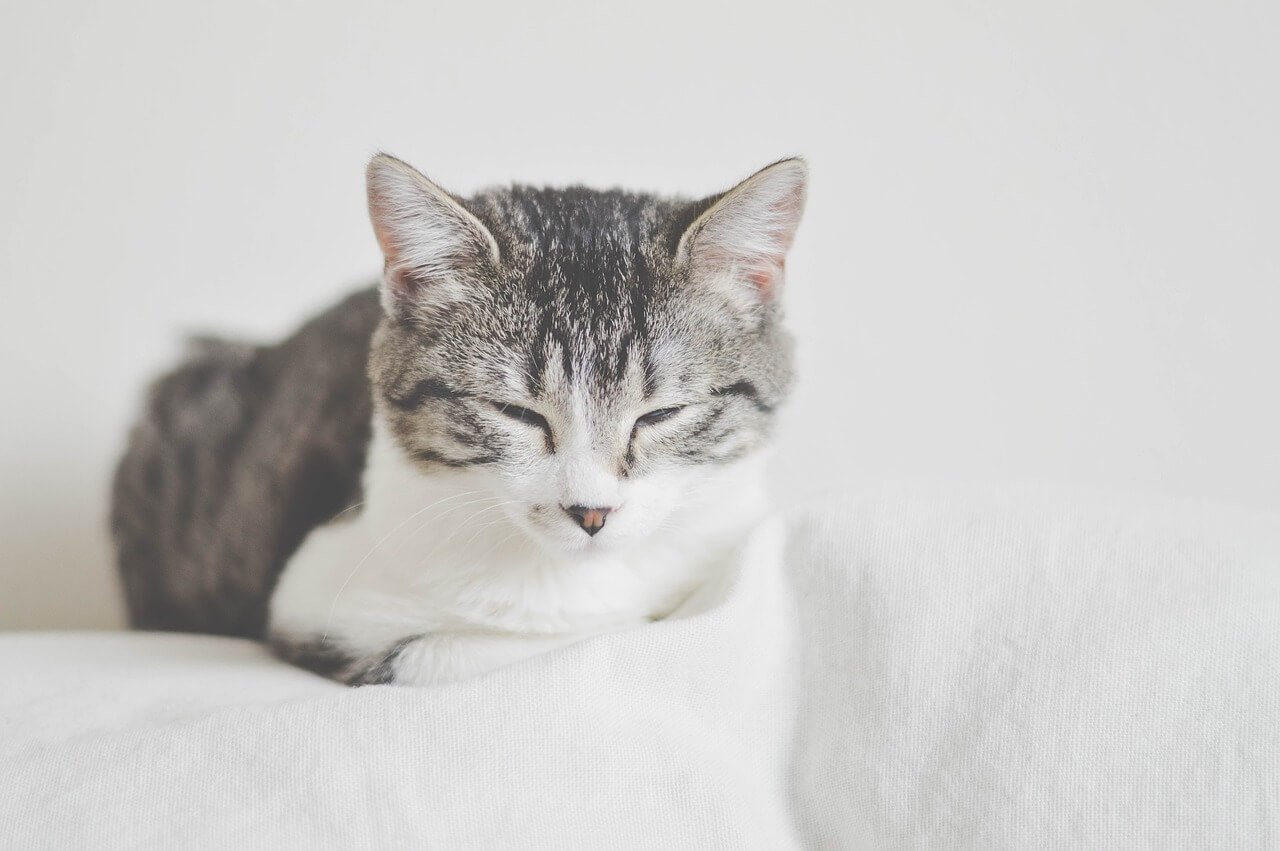Banishing the Cat Litter Smell: A Fresh Start for Your Home
Living with cats is a joy, but let’s be honest—managing cat litter odor can sometimes feel like an uphill battle. Whether you’re a seasoned cat parent or new to the feline world, dealing with the smell of cat litter is a common challenge. The good news? With the right strategies and a little effort, you can keep your home smelling fresh and inviting while ensuring your furry friend’s comfort. In this blog post, we’ll explore practical tips and tricks to eliminate cat litter smells effectively, creating a harmonious environment for both you and your pet.
Choosing the Right Cat Litter: The First Step to Odor Control
The type of cat litter you choose plays a crucial role in managing odors. Not all litters are created equal, and some are better suited for neutralizing smells than others. Here’s a breakdown of the most popular options:
Clumping Clay Litter
This is a popular choice due to its ability to trap moisture and odors effectively. It forms solid clumps, making it easy to scoop and maintain.Non-Clumping Clay Litter
While less expensive, non-clumping litter doesn’t control odors as well and requires more frequent changes.Silica Gel Litter
Known for its superior odor absorption, silica gel litter is low-maintenance and lasts longer than traditional options.Natural or Biodegradable Litter
Made from materials like wood, corn, or wheat, these litters are eco-friendly and often have natural deodorizing properties.Scented Litter
Scented options can mask odors with fragrances, but they may not be suitable for cats with sensitive noses.
Choosing the right litter depends on your cat’s preferences and your household needs. Experimenting with different types can help you find the perfect balance between odor control and your cat’s comfort.
Daily Maintenance Tips: Keeping Odors at Bay
Consistency is key when it comes to managing cat litter smells. Regular maintenance ensures that odors don’t have a chance to build up. Here are some simple yet effective habits to incorporate into your routine:
Scoop Daily
Removing waste promptly prevents odors from lingering and keeps the litter box fresh.Change Litter Regularly
Even with daily scooping, litter should be completely changed every 1-2 weeks to prevent odor buildup.Clean the Litter Box Thoroughly
Wash the litter box with soap and water during each litter change to remove any residual smells.Use a Litter Deodorizer
Natural deodorizers, such as baking soda, can be sprinkled on top of the litter to absorb odors without harming your cat.Ventilate the Area
Ensure the room where the litter box is located has good airflow to disperse any lingering smells.
By adopting these daily practices, you can significantly reduce the presence of unpleasant odors in your home.
Check this guide 👉Top 4 Best Cat Litter Mats for a Spotless Home!
Check this guide 👉 Top 3 Best Cat Litter Deodorizers for a Fresh Home!
Check this guide 👉 Top 4 Best Wooden Cat Litter Enclosures for a Stylish Home!

Odor Control Tips | Benefits |
|---|---|
Use high-quality clumping litter | Traps moisture and odors effectively |
Scoop the litter box daily | Prevents odor buildup and keeps the area fresh |
Add a natural deodorizer | Absorbs smells without chemicals |
Clean the litter box weekly | Removes residual odors and bacteria |
Place the litter box in a ventilated area | Improves air circulation and reduces smells |
Choosing the Right Litter Box: Size, Style, and Placement
The design and placement of your litter box can also impact odor control. A well-thought-out setup ensures convenience for both you and your cat. Here are some factors to consider:
Opt for a Covered Litter Box
Covered boxes help contain odors and prevent litter from scattering, keeping your space cleaner.Ensure Proper Size
A box that’s too small can lead to accidents and increased odors. Choose one that allows your cat to move comfortably.Place in a Well-Ventilated Area
Avoid corners or enclosed spaces where odors can linger. Good airflow helps dissipate smells quickly.Consider Self-Cleaning Litter Boxes
These innovative designs automatically remove waste, reducing odor and maintenance time.Avoid High-Traffic Areas
Placing the litter box in a quiet, private spot encourages regular use and minimizes stress-related accidents.
A thoughtful approach to litter box selection and placement can make a big difference in managing odors.
Dietary Adjustments: A Surprising Solution to Odor Problems
Believe it or not, what your cat eats can influence the smell of their waste. A balanced diet not only supports your cat’s health but can also reduce litter box odors. Here’s how nutrition plays a role:
Choose High-Quality Cat Food
Premium foods with better ingredients produce less smelly waste compared to low-quality options.Avoid Fillers and By-Products
Foods with excessive fillers can lead to digestive issues, resulting in stronger odors.Incorporate Probiotics
Probiotic supplements can improve digestion and reduce the intensity of waste smells.Monitor Treat Intake
Some treats may upset your cat’s stomach, leading to unpleasant odors. Stick to healthy, vet-approved options.Consult Your Veterinarian
If odor problems persist, your vet can help identify dietary issues or underlying health conditions.
A nutritious diet is a simple yet effective way to tackle litter box odors from the inside out.
Natural Solutions for Odor Control
When it comes to eliminating cat litter smells, natural solutions are often the safest and most effective. These methods not only neutralize odors but also ensure your cat’s well-being. Here are some tried-and-true options:
Baking Soda
Sprinkle a thin layer of baking soda at the bottom of the litter box before adding fresh litter. It absorbs moisture and neutralizes odors naturally.White Vinegar
Use white vinegar to clean the litter box during changes. Its acidic properties break down odor-causing bacteria without harsh chemicals.Activated Charcoal
Place activated charcoal sachets near the litter box to absorb airborne smells effectively.Essential Oils (Pet-Safe)
Certain essential oils like lavender or lemongrass can be diluted and used sparingly around the litter area to mask odors safely.Enzyme Cleaners
Enzymatic cleaners break down organic matter and eliminate odors at their source, making them ideal for deep cleaning.
Natural solutions provide a safe and eco-friendly way to tackle litter box odors while ensuring your cat’s health remains a priority.
Preventing Odors in Multi-Cat Households
Living with multiple cats can intensify litter box odors, but with a few adjustments, you can keep your home smelling fresh. Managing litter boxes effectively is key to maintaining harmony in a multi-cat household. Here’s how to stay ahead of the smell:
Increase the Number of Litter Boxes
The general rule is one litter box per cat, plus one extra. This reduces competition and prevents overflow odors.Assign Specific Boxes for Each Cat
Some cats prefer their own space, so providing individual litter boxes can encourage regular use and reduce accidents.Use Larger Litter Boxes
Bigger boxes accommodate more waste, reducing the frequency of cleanings needed to control odors.Rotate Litter Types Strategically
Experiment with different litters for each box to see which ones your cats prefer while maximizing odor control.Establish a Cleaning Schedule
In multi-cat homes, daily scooping and frequent litter changes are essential to prevent overwhelming smells.
With these strategies, even households with multiple cats can enjoy a fresh and odor-free environment.
Enhancing Air Quality Around the Litter Box
Improving air quality in the area surrounding the litter box can significantly reduce lingering odors. A combination of smart tools and practices can help create a fresher atmosphere. Here’s how to enhance ventilation and air purity:
Install an Air Purifier
Place an air purifier near the litter box to filter out odors and allergens, keeping the air clean and breathable.Use Odor-Absorbing Plants
Certain houseplants, like spider plants or snake plants, naturally purify the air and can help minimize smells.Open Windows Regularly
Allowing fresh air to circulate in the room helps disperse odors and keeps the environment pleasant.Invest in a Fan
A small fan directed toward the litter box area can push odors away and improve airflow, reducing their intensity.Avoid Carpet Near the Litter Box
Carpets can trap odors, so opt for hard flooring or washable rugs that are easier to clean and maintain.
By enhancing air quality, you can create a more pleasant space around the litter box for both you and your cat.
Frequently Asked Questions About Cat Litter Odors
Why does my cat’s litter box smell so bad?
Strong odors can result from infrequent cleaning, poor-quality litter, or dietary issues.
How often should I clean the litter box?
Scoop daily and change the litter completely every 1-2 weeks.
Can I use scented litter to mask odors?
While scented litter can help, some cats dislike strong fragrances. Opt for natural alternatives if needed.
What’s the best litter for odor control?
Clumping clay and silica gel litters are highly effective at trapping odors.
Does my cat’s diet affect litter box smells?
Yes, a poor diet can lead to stronger odors. Feeding high-quality food can help.
Creating a Fresh and Happy Home for You and Your Cat
Managing cat litter smells doesn’t have to be a daunting task. By choosing the right litter, maintaining a consistent cleaning routine, and considering factors like diet and litter box design, you can create a fresh and inviting environment for your entire household. Remember, a happy cat makes for a happy home—and with these tips, you’ll be well on your way to banishing unwanted odors for good. Embrace the journey of pet parenthood with confidence, knowing that a little effort goes a long way in keeping your space smelling wonderful.
Can I Give My Cat Midol? Best 7 Expert Tips! – Learn the risks, symptoms, and safe alternatives to keep your cat healthy and avoid toxic reactions.
Can I Give My Dog Midol? Best 7 Expert Tips! – Discover the risks, safe alternatives, and expert advice to keep your dog safe from accidental poisoning.
Maximum Weight for Cats on Planes: Best 7 Expert Tips! – Learn airline policies, tips to stay compliant, and ensure safe travels for your feline friend.
Max Weight for Dogs on Planes: Best 7 Expert Tips! – Discover airline weight limits, safe travel tips, and solutions for flying with your dog stress-free.





